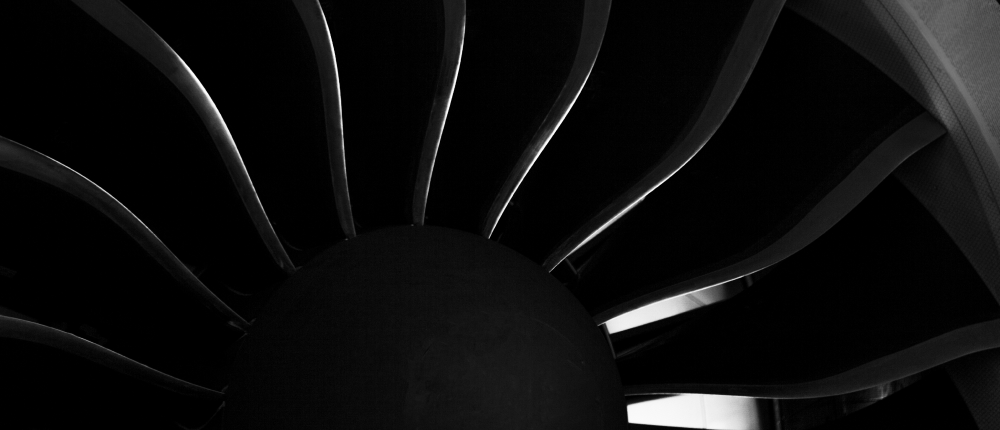Propulsion Engineering

Description
The practical experience of the Russian turbojet engineering school has become available for students from all over the world. The best engineering solutions implemented in modern Russian jet engines and supported by years of reliable operation have formed the basis of this master’s degree program.
Key features
A systematic approach combined with the principles of jet engine lifecycle management imparts on the graduates the ability to work with engineering systems of any complexity.
Principal subjects
- The curriculum focuses on studying all stages of the jet engine lifecycle: from mathematical modeling of the combustion process and engine design engineering to the development of manufacturing methods and techniques for subsequent maintenance. Students have an opportunity to develop any breakthrough idea, check it in against the experience of MAI faculty members, and test it in the university’s experimental facilities.
Career opportunities
- The turbojet engine is the most complex part of a modern aircraft. Students may select one of the following specializations: combustion process modeling, jet design engineering, or manufacturing technology. All of these fields are in high demand for the aerospace industry, so the program graduates can easily enter any of the world high-tech majors, such as Boeing, Airbus, Embraer, Rolls-Royce, Pratt & Whitney, Siemens, GE Power, Sauer, or Subaru.
Head of the program
VM
Veronika Monakhova
Candidate of Technical Sciences, associate professor